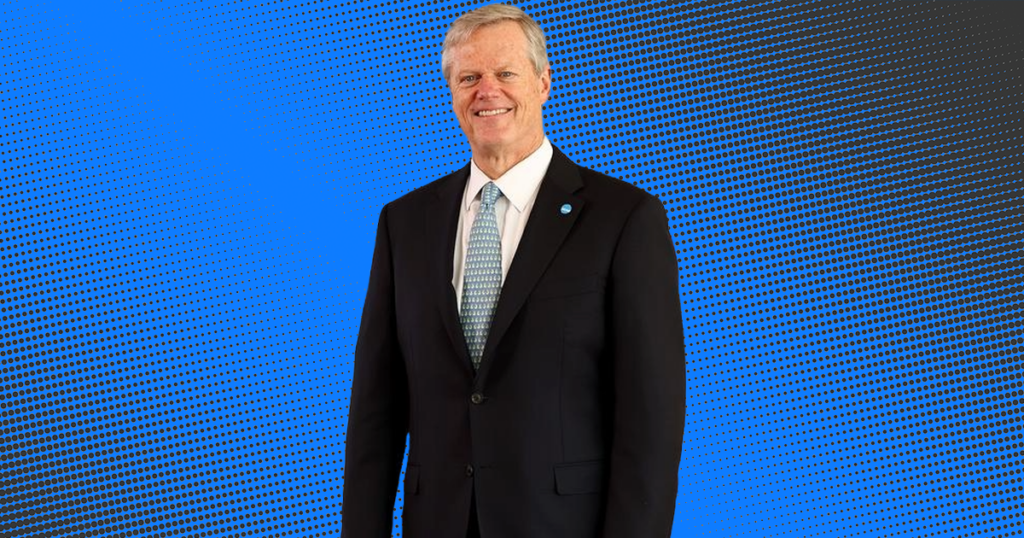State of College Sports: Industry leaders agree NCAA needs to evolve – or else
It’s been a dozen years since Taylor Branch’s exhaustive story in The Atlantic jolted college sports to attention like smelling salts. It detailed the civil-rights historian’s case for paying college athletes, revealed how a series of lawsuits in the courts could destroy the NCAA and proved prescient.
With more legal proceedings ongoing, here we are – likely approaching a new, yet undefined model taking hold in the coming years to radically reshape the industry’s economic landscape and the NCAA’s role in governing it.
In recent weeks, On3’s reporting team conducted exclusive interviews with more than 50 leading college sports voices – commissioners, athletic directors, coaches, athletes, NIL and legal experts and others – to gather insights on the industry’s most consequential issues. As part of On3’s State of College Sports project, we will publish their responses, along with accompanying stories.
And chief among the most pressing issues facing college sports: What should be the role of the NCAA in the future?
IN THEIR OWN WORDS: College stakeholders discuss NCAA’s future
NCAA clings to perceived antiquated model
As public perception has shifted and legal challenges have mounted, the NCAA continues to cling to what a growing number of stakeholders view as a long-antiquated model that limits athletes from maximizing their true financial value. But for how long can the 117-year-old association maintain its grip?
“The NCAA is going to have to adapt,” SEC Commissioner Greg Sankey told On3. “All of us should confess we’re part of it. We’ve been slow to adapt. I think there’s a clear need for a national association, and the NCAA can fill that role. But change is going to be a constant and more rapid as we try to decipher what that role will be.”
How much the NCAA chooses to – or is forced to – evolve could hinge on two key questions: Will the courts and/or National Labor Relations Board rule that at least some college athletes are university employees? And will Congress provide the NCAA its long-sought limited antitrust protection and a formal designation that athletes are not university employees?
While those questions remain unanswered, a wide swath of industry leaders offered no shortage of priorities that the NCAA of the future should focus on.
Among them: the health, safety and welfare of athletes, which was its initial mandate when formed; a more narrow focus on operating non-football championship events; and an emphasis on Olympic sports and the Division II and III enterprises. And some called for the NCAA to outsource enforcement efforts to a third party.
One near consensus? The NCAA’s evolution is mandatory.
“I believe that the state of college athletics has evolved, and as such, so must the NCAA,” Rob Sine, a partner with Blueprint Sports, an NIL solutions company that operates collectives in more than 25 markets and with multiple members in The Collective Association. “The role of the NCAA seems destined to continue as the governing body for operational items such as scheduling, championships for Olympic sports, D-II [and] D-III, and roles such as budgeting. The NCAA is full of good people who have worked hard over the last 100-plus years to govern and run a college athletic industry that seems to have outgrown the past traditional ways of doing business.
“It is almost in the same boat as conference offices are. While several conference offices have evolved into a business-centric operation to serve the student-athletes and their member institutions, I believe the NCAA will follow suit.”
NCAA focuses on putting athletes’ interests first

In his first year as NCAA president, Charlie Baker introduced several items on behalf of college athletes – including work toward NIL transparency and consumer protection measures – while also earning positive reviews for his unpretentious, earnest manner. As he stewards an association long defined as rigid and unyielding, Baker wants to see what many in college athletics have long called for – a more nimble governing body.
“There is no doubt college sports have been slow to change, but in the last several months the association is transforming to put student-athletes’ interest first, and I look forward to working with members to do more,” Baker told On3.
“I’d also like to see the association become nimbler moving forward. In an organization with more than 1,100 member colleges and universities – all of them with drastically different mission statements and budgets – things can and often do take more time than stakeholders both in the NCAA and in the general public would prefer.”
Meanwhile, the NCAA confronts fires on numerous fronts.
There’s a potential multibillion-dollar damages bill. The NCAA and power conferences could have to pay damages totaling as much as $4.2 billion to thousands of athletes depending on the outcome of the landmark House v. NCAA antitrust lawsuit in Oakland. At issue is retroactive NIL pay, a share of broadcast revenue and the ability of schools to pay athletes compensation directly for any reason.
Industry sources believe an outcome in the plaintiffs’ favor would pose an existential threat to the NCAA.
There are also thorny enforcement issues. Long derided by critics as selective or toothless, the NCAA enforcement arm now faces hurdles in policing the fast-evolving, often nebulous NIL space.
Few appear to fear NCAA repercussions. In fact, coaches now routinely publicly say donations to collectives are essential for recruiting and retention efforts even though the NCAA prohibits NIL deals designed specifically for recruiting and retention efforts.
What’s more, some states have enacted new NIL laws that explicitly bar the association from policing certain NIL activity within their borders.
Sankey believes these state-by-state efforts carry enormous ramifications for the NCAA. If they continue, he said, it raises questions about whether the NCAA can be effective as a national governing body in this era and beyond. What’s more, he said, the issue also could call into question whether the NCAA can conduct national championships in an ecosystem in which states fortify their own system for overseeing, regulating or limiting the NCAA’s regulation of college sports.
NCAA has ‘abdicated the throne’ on key issues
And then there’s the overarching legal issue: How can the NCAA pass and enforce rules while in perpetual fear of litigation?
Jim Cavale – founder of Athletes.Org, a membership organization for college athletes – said the NCAA is a championship and governance organization that “right now can’t really govern.” As a result, conferences have the opportunity, he said, to customize their alternative path without needing the NCAA to do so.
What would further fragmentation mean?
“I don’t really see how you can have a national sports enterprise if you’re going to have very fragmented regulation,” Tom McMillen, CEO of LEAD1 Association, told On3. “Unfortunately, what we’ve seen happen with all the antitrust lawsuits is that devolution is occurring. And it won’t surprise me if one conference decides to go off and maybe pay some athletes and others decide not to. It is all pretty chaotic when you try to get to sort of a competitive championship where schools are somewhat playing along the same rules.”
Joe Castiglione, Oklahoma’s athletic director, told On3: “College sports has and will need an organizing and governing authority into the future. But, whom it governs, how, and under what principles depends a lot on decisions currently before Congress.”
As winds of change blow fiercely from select courtrooms, the NCAA has opted to continue to seek a Congressional lifeline as a full-court press to defend against wholesale changes to the industry’s economic model. To date, the association has opted against taking a proactive role in crafting a comprehensive new model.
“The NCAA has largely abdicated the throne on any issue that we think the NCAA should be concerned with,” Jason Stahl, founder of the College Football Players Association, told On3. “And because of that, they’re writing their death warrant here.”
NIL expert and associate attorney Dan Greene told On3, “The more they fight back and the less they adapt, the more irrelevant they will become.”
NCAA has ‘best brand and the worst brand’

For all the criticism aimed at the NCAA, many leaders applauded the association for doing at least one thing well: Running championship events, most notably the NCAA men’s basketball tournament, one of the most lucrative properties in sports.
“They [NCAA] have got the best brand and the worst brand – the best brand in sports is the NCAA tournament,” AAC Commissioner Mike Aresco told On3. “You say NCAA tournament and it’s magic. Outsourcing [enforcement] would be good because everyone hates the NCAA because they levy sanctions against your team.”
Whispers of a power conference breakaway aren’t going away. Accompanying that chatter is speculation that ultimately power leagues could leave the NCAA, take their basketball and brands with them and stage their own lucrative postseason championship.
Virtually nothing is off the table.
Mit Winter, a college sports attorney at Kennyhertz Perry, walked through a couple of scenarios that could determine the extent of the NCAA’s future role.
In one outcome, assume the NCAA is unwilling to change its athlete compensation rules, some college athletes are declared employees, and the NCAA loses the House case. Then, Winter believes, we will almost definitely see some power conferences pull their men’s and women’s basketball and football teams from the NCAA and create new entities to govern those specific sports under a professional model.
In this world, the NCAA would be left to govern mostly non-revenue sports and those schools that keep their football and basketball teams as part of the NCAA.
“The NCAA men’s basketball tournament, which funds the entire NCAA, would no longer exist in this scenario since the departing teams would operate their own postseason tournament through the new governing entity,” Winter told On3. “This means the NCAA would be a shell of its current self financially and could cease to exist entirely.”